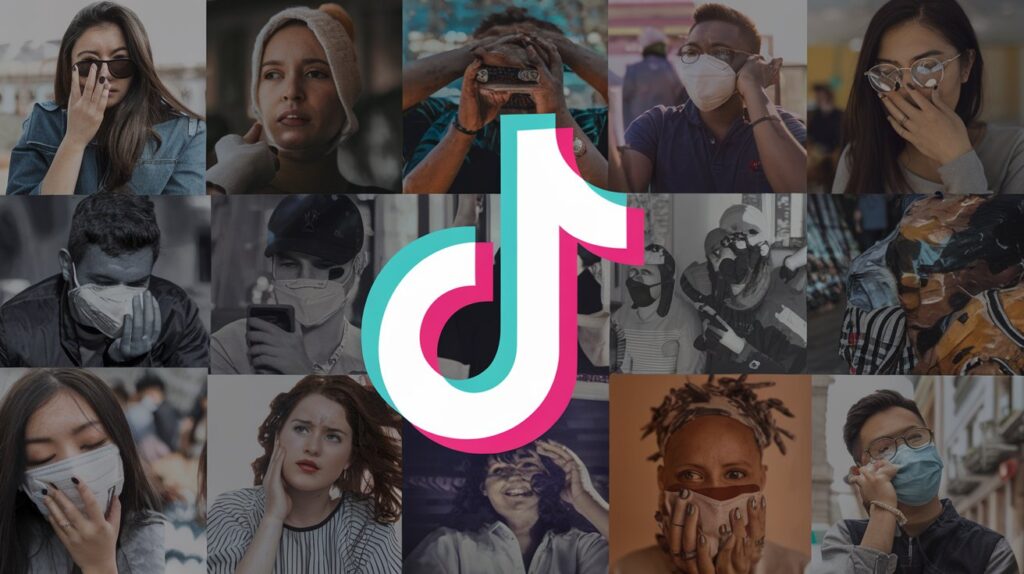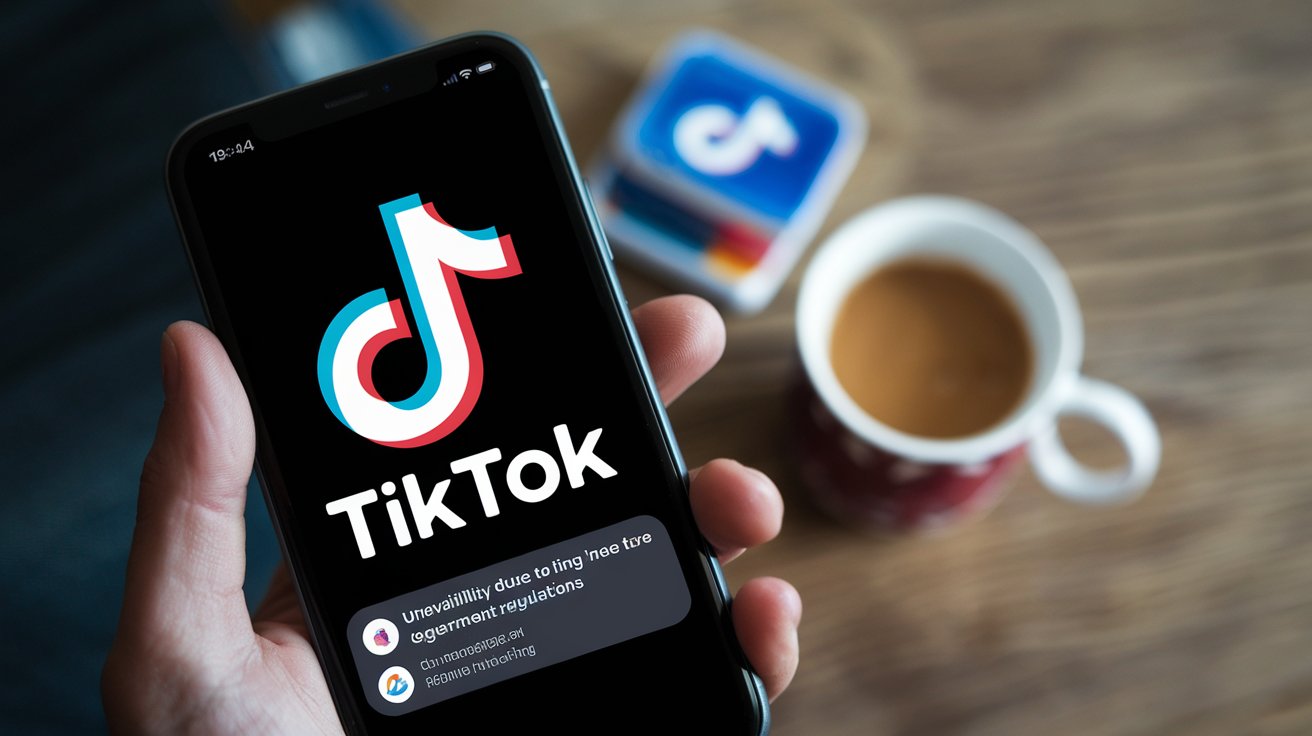TikTok, the widely popular social media platform, has officially gone dark for its 170 million U.S. users after the enforcement of a federal ban. The ban, which took effect on January 19, 2025, follows national security concerns raised by lawmakers regarding the platform’s ownership by Chinese parent company, ByteDance.
Why Was TikTok Banned in the U.S.?
The ban stems from the Protecting Americans from Foreign Adversary Controlled Applications Act (PAFACA), a law enacted in April 2024, which required ByteDance to either sell TikTok’s U.S. operations to an American company or face removal from app stores and hosting services. The U.S. Supreme Court upheld the legislation, stating that it was necessary to protect user data from potential foreign surveillance threats.
Despite ByteDance’s legal challenges, the ruling was enforced, and companies such as Google and Apple removed TikTok from their app stores, while Oracle shut down cloud services supporting the platform’s U.S. operations.
How Are Users Reacting?

Millions of U.S.-based TikTok creators and businesses are facing disruptions due to the ban. Many users took to alternative platforms such as:
- Instagram Reels – Gaining traction as a primary short-video alternative.
- Clapper – A platform focusing on free speech and community engagement.
- YouTube Shorts – Already a strong competitor with a large user base.
Creators have expressed frustration, with many emphasizing that the ban could have major implications for small businesses and content creators who rely on TikTok for income.
A Possible Comeback? Trump’s Proposal to Save TikTok
In an unexpected turn of events, President-elect Donald Trump has announced a proposal to reinstate TikTok operations through a joint venture plan that would see 50% U.S. ownership.
ByteDance has responded positively to the proposal, and within just 14 hours of the shutdown, TikTok’s services were gradually being restored. The negotiations are still ongoing, and the future of the platform in the U.S. remains uncertain.
Economic and Social Implications
The TikTok ban has raised concerns about the broader impact on:
- U.S.-China Relations: The ban could escalate ongoing tensions and trade negotiations between the two superpowers.
- Digital Economy: Influencers, marketers, and advertisers face challenges as they shift to new platforms.
- Data Privacy Laws: This move may set a precedent for future regulations on foreign-owned social media platforms operating in the U.S.
What’s Next for TikTok Users?
While the platform is back online for now, users are advised to stay updated on potential changes and explore alternative platforms to maintain their audience reach.
Conclusion
The TikTok ban in the U.S. marks a significant turning point for both users and policymakers. With over 170 million American users affected, the sudden shutdown has disrupted countless content creators, businesses, and influencers who rely on the platform for engagement and income. As ByteDance and the U.S. government navigate ongoing negotiations, the future of TikTok remains uncertain, but the proposed joint venture offers a glimmer of hope.
For users, this situation serves as a reminder of the ever-evolving digital landscape and the importance of diversifying their online presence. Whether TikTok returns permanently or not, it’s crucial to explore alternative platforms like Instagram Reels, YouTube Shorts, and emerging competitors to stay connected with audiences. The TikTok ban in the U.S. also raises broader concerns about digital sovereignty, data privacy, and the influence of foreign-owned apps in an interconnected world.
As the situation continues to develop, staying informed is key. What are your thoughts on this major shift? Share your insights in the comments below and explore our related articles for more updates on the future of social media in the U.S. Don’t forget to subscribe for the latest news and expert analysis to stay ahead in the digital space.
Change is inevitable, but adaptation is what defines success. Stay prepared, stay informed, and make the most of the opportunities ahead. [USnewsSphere.com]





